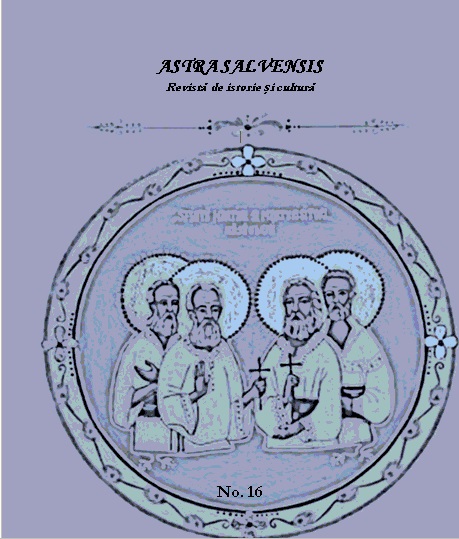Bosnia and Herzegovina: the Failure of Post-Conflict Reconciliation
Bosnia and Herzegovina: the Failure of Post-Conflict Reconciliation
Author(s): Raluca FarcasSubject(s): History, Cultural history, Comparative history, Ethnohistory
Published by: Asociaţiunea Transilvană pentru Literatura Română şi Cultura Poporului Român - ASTRA
Keywords: Bosnian war; reconciliation; ethnic conflict; Dayton Accords; European integration; post-conflict reconstruction;
Summary/Abstract: The end of the Cold War revived the national problem in Yugoslavia, which, together with the fundamental issues that remained unresolved after the death of Iosif Broz Tito, contributed to the outbreak of violence. The article examines three important periods for the evolution of Bosnia and Herzegovina, from the beginning of the wars in Yugoslavia, after the fall of communism and to the time of Bosnia and Herzegovinaʼs accession to the European Union, in 2016, focusing on the international communityʼs efforts to ensure transition and restoring balance in the region. The Dayton Accords have failed to ensure the transition to a state independent of international aid, leaving behind an ethnically grounded political system that slows the progress of reforms and the path to European integration. The article analysis the extent to which post-Dayton reconciliation and reconstruction between Bosniaks, Croats and Serbs have been achieved. Thus, the paper will highlight the extent to which the Peace Accords and international intervention have succeeded in ensuring the transition of Bosnia and Herzegovina into a modern, viable state with functioning institutions.
Journal: Astra Salvensis - revista de istorie si cultura
- Issue Year: VIII/2020
- Issue No: 2020
- Page Range: 119-132
- Page Count: 14
- Language: English

